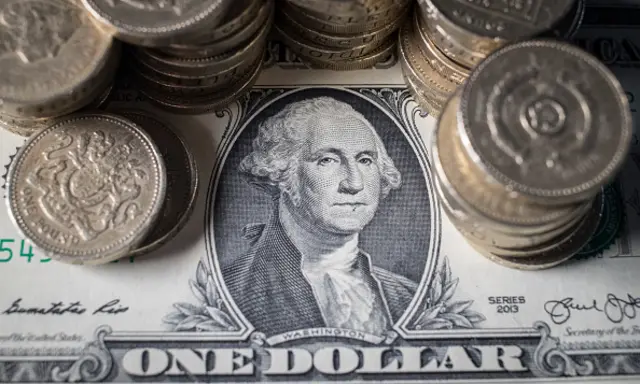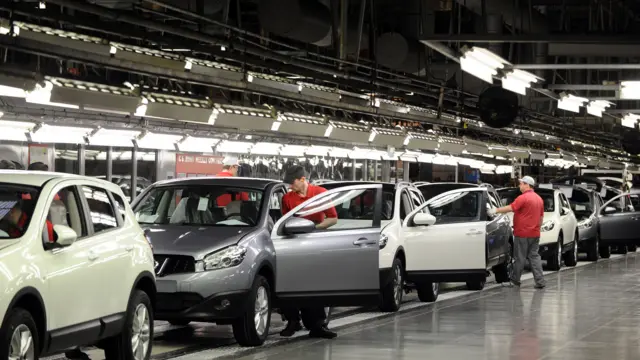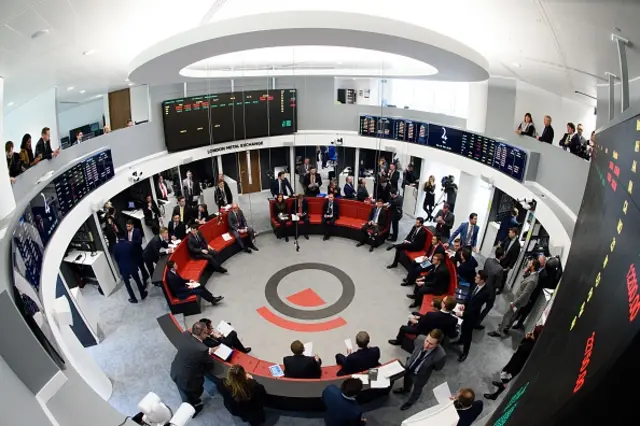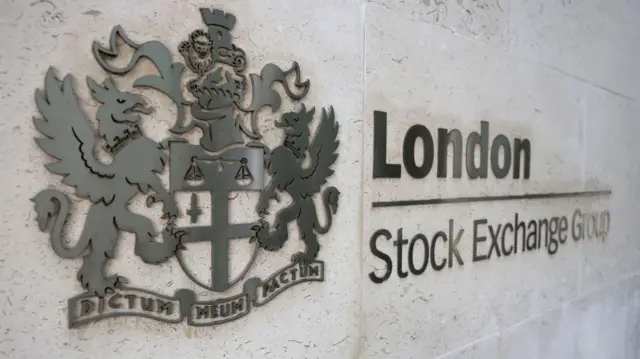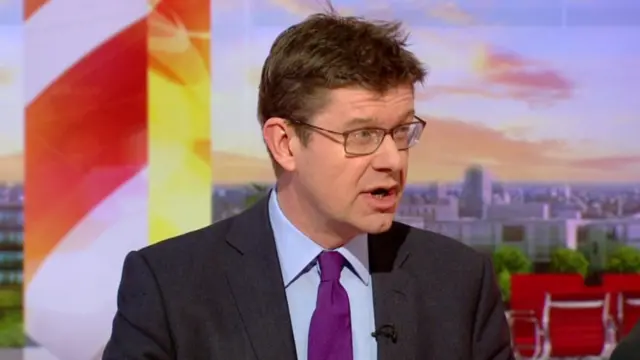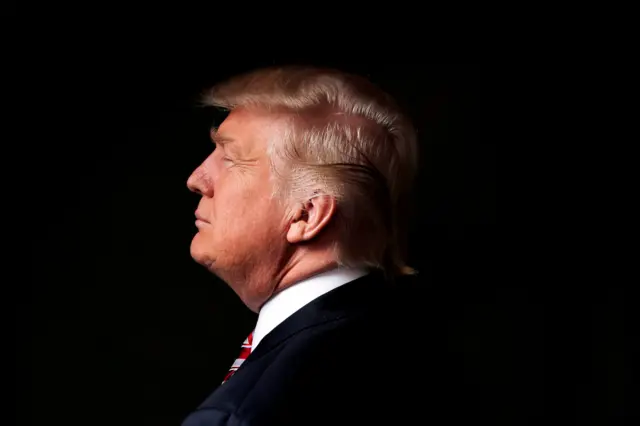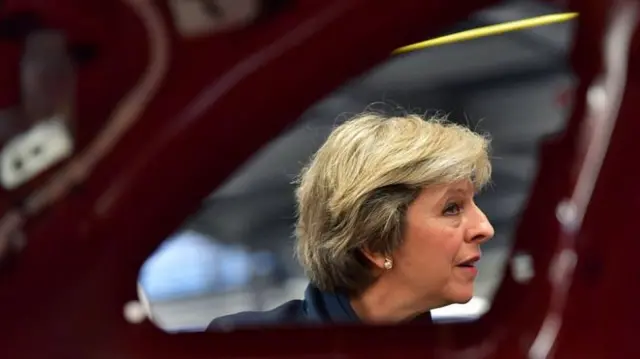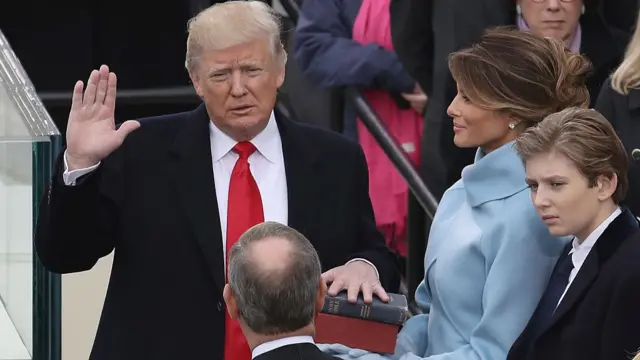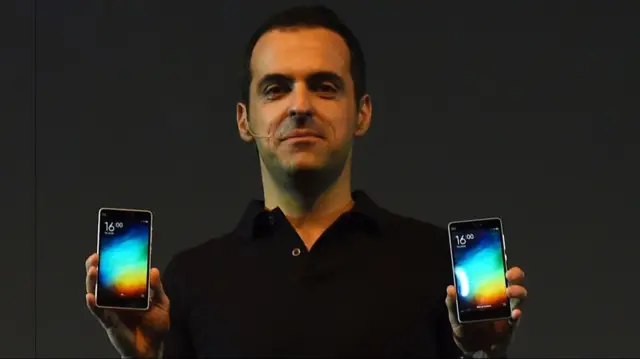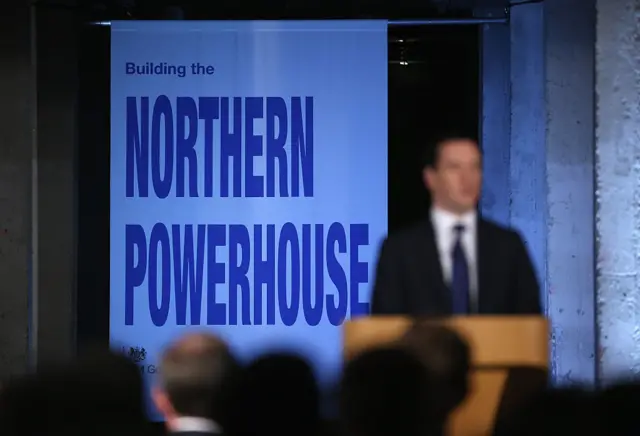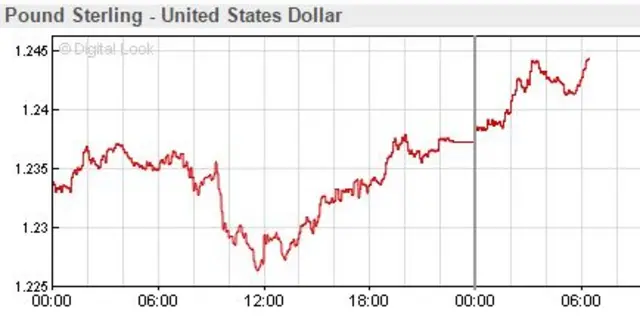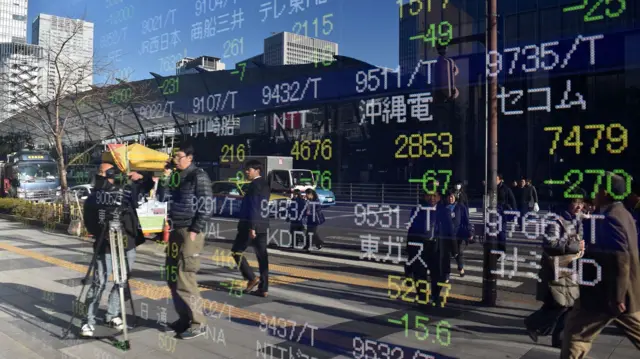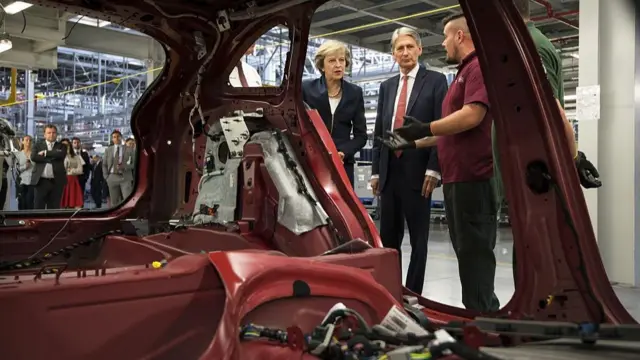Samsung 'rushed' Note 7published at 09:14 GMT 23 January 2017
A report out this morning from Samsung puts the blame for its exploding Note 7 smartphones on faulty batteries.
According to the findings, the batteries didn't have enough insulation material, and they didn't include space to safely accommodate the batteries' electrodes.
Radio 5 live business reporter Colletta Smith tweets:
Allow X content?
This article contains content provided by X. We ask for your permission before anything is loaded, as they may be using cookies and other technologies. You may want to read X’s cookie policy, external and privacy policy, external before accepting. To view this content choose ‘accept and continue’.
